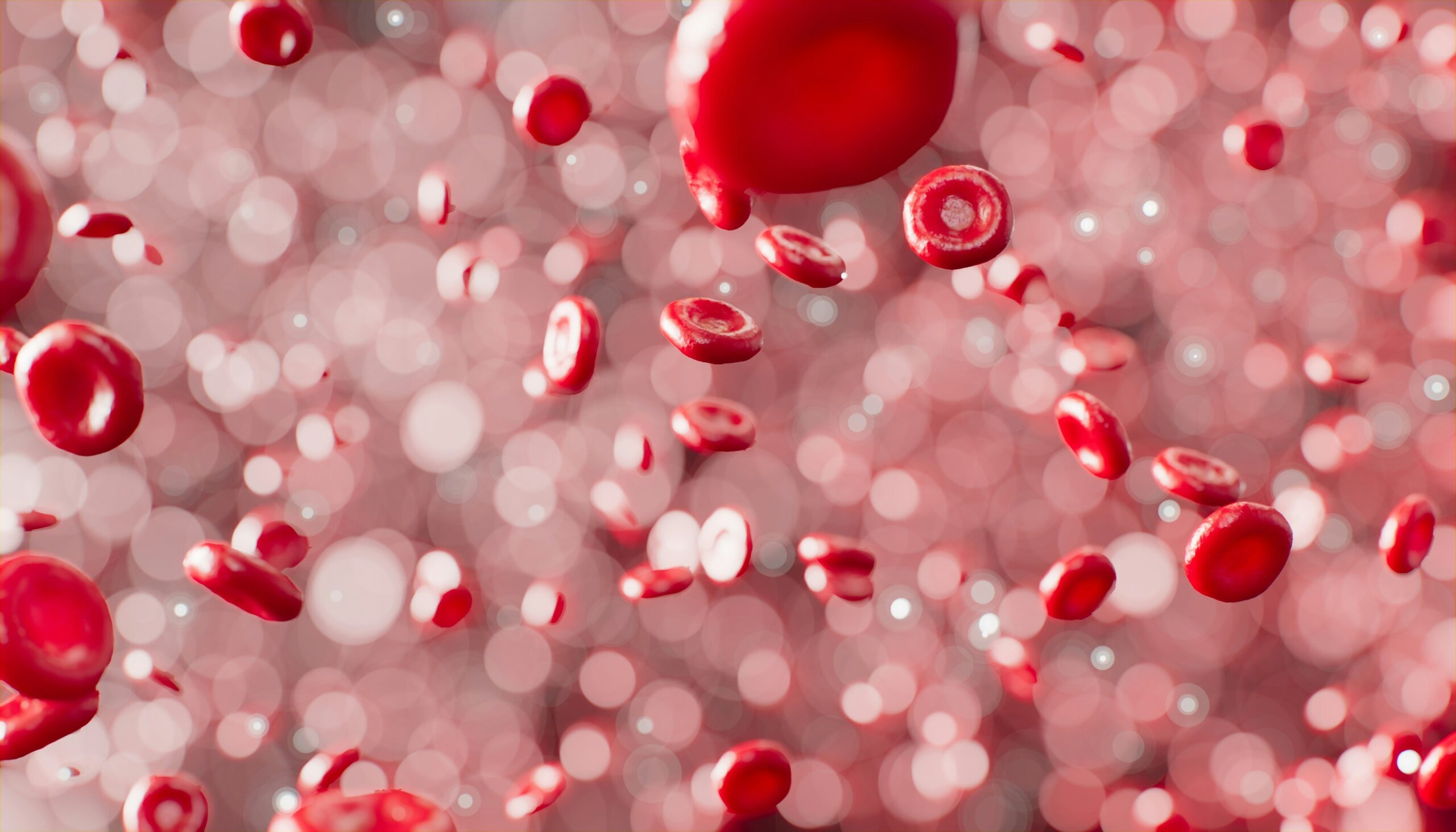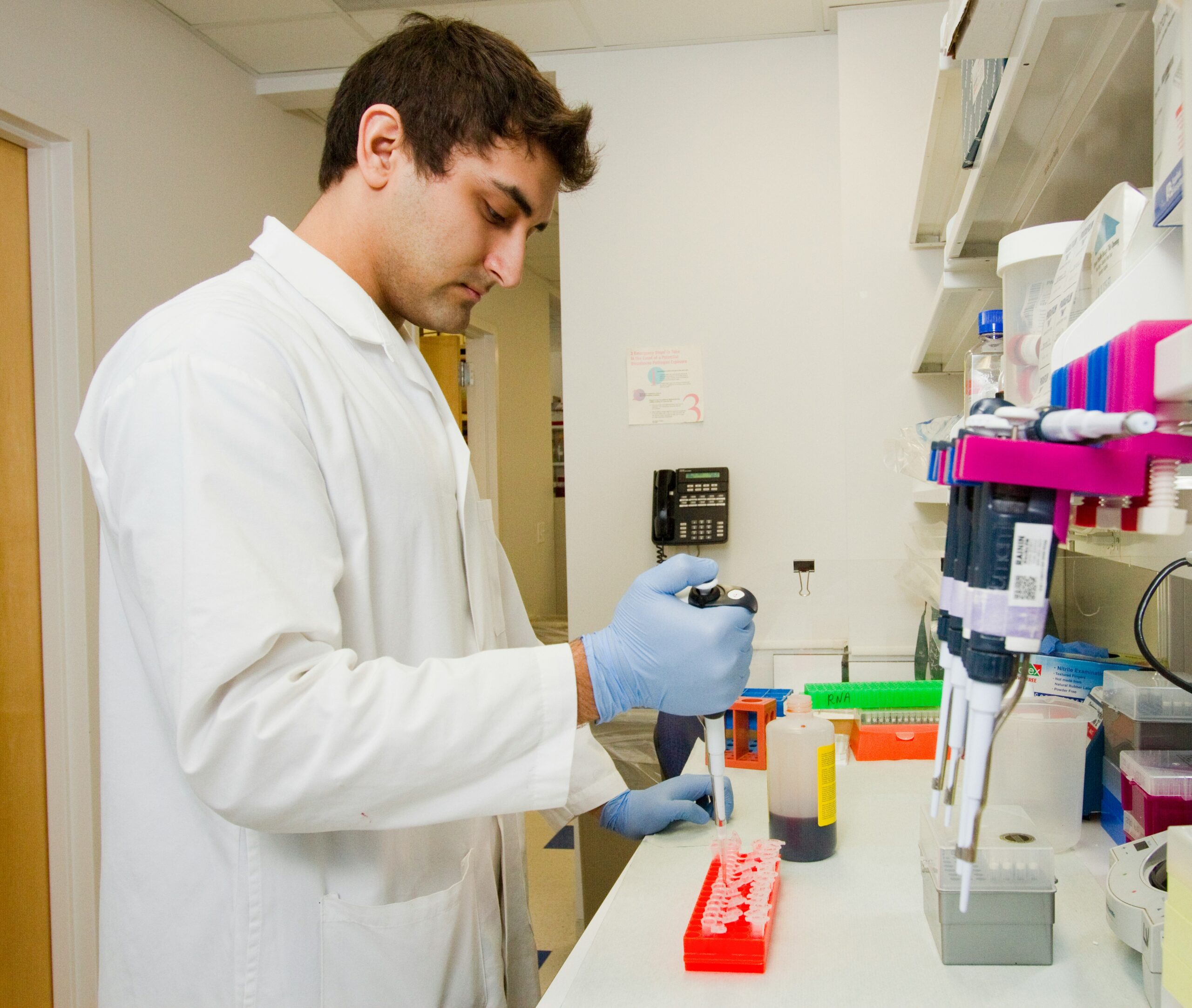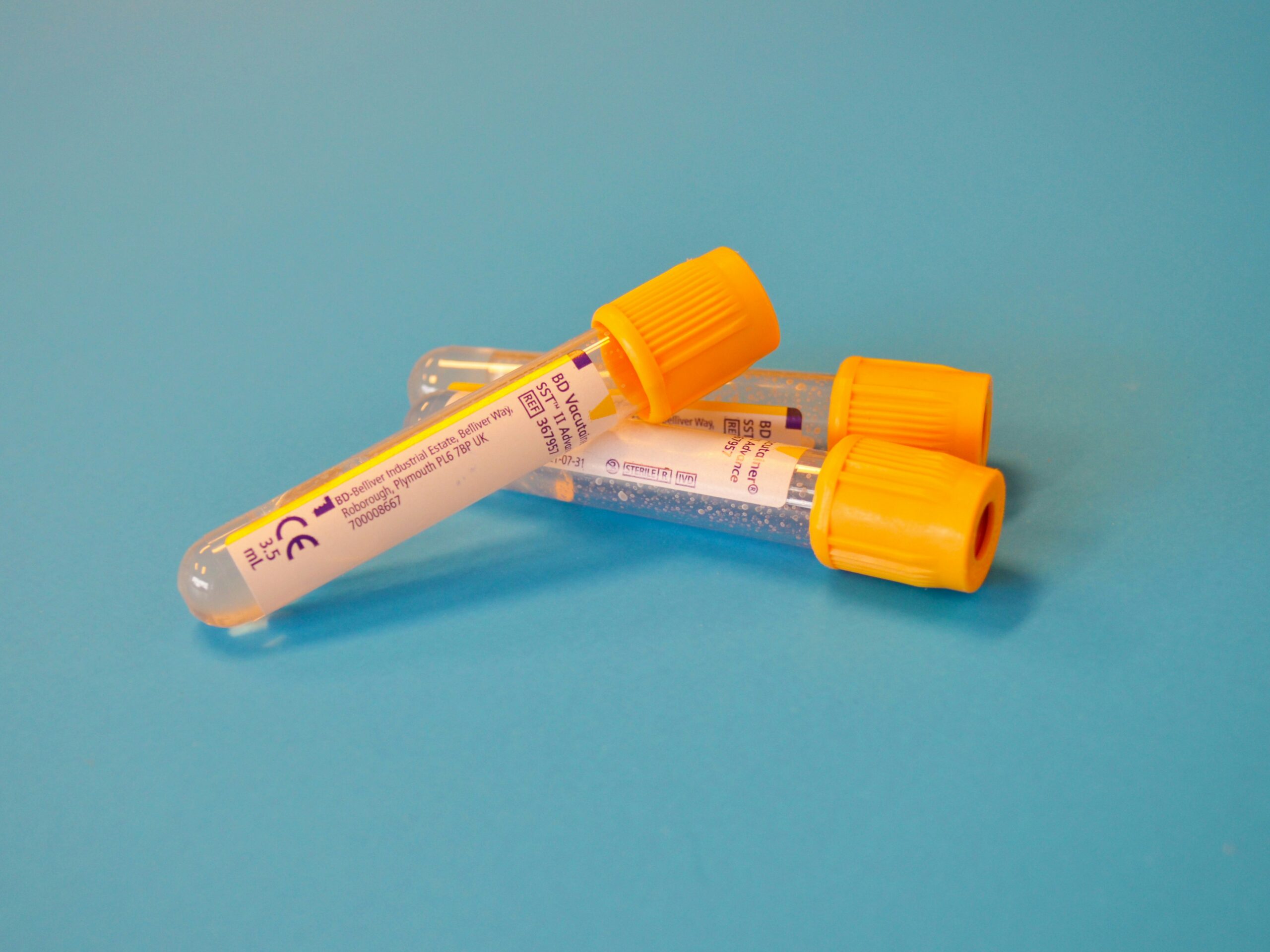The unsung heroes who keep the full medical framework running are pathologists. Unlike specialists who treat patients one-on-one, pathologists spend much time in private workplaces. On the other hand, numerous aspects of modern healthcare would drop apart without their comprehension.
These experts analyze ailments by carefully analyzing tissues, cells, and physiological liquids; as often as possible, they utilize effective magnifying instruments to uncover data that was previously unknown.
They are the “doctor's doctor,” the pinnacle of diagnosticians, and the data they find empowers other restorative specialists to form possibly life-saving choices. Pathologists collaborate with patients in all perspectives of their care, from reading blood tests to analyzing biopsies and the causes of passing in scientific occurrences. Indeed, even though pathologists don't bargain specifically with patients, they are basic to the operation of the healthcare system worldwide.

Pathology![]() is the logical study of disease; it stands between clinical pharmaceutical and essential science. Knowing that a disease exists and is advancing requires a comprehension of how the sickness influences the human body. Pathology examines the instruments that cause infection, the changes in the body's tissues and organs, and the impacts of these changes on general well-being. This field is endless and complex, with various sub-disciplines, each with its center and strategy, including clinical pathology, anatomic pathology, and scientific pathology.
is the logical study of disease; it stands between clinical pharmaceutical and essential science. Knowing that a disease exists and is advancing requires a comprehension of how the sickness influences the human body. Pathology examines the instruments that cause infection, the changes in the body's tissues and organs, and the impacts of these changes on general well-being. This field is endless and complex, with various sub-disciplines, each with its center and strategy, including clinical pathology, anatomic pathology, and scientific pathology.
The ponder of natural liquids (blood, pee, and other materials) for inconsistencies is known as clinical pathology. On the other hand, anatomic pathology is the infinitesimal thinking about tissues and organs to recognize auxiliary and utilitarian changes brought on by sickness. At that point, there's measurable pathology, regularly related to wrongdoing scene investigation since it bargains with recognizing the cause of passing, particularly when it is sudden, unexplained, or rough. Each area of pathology encompasses a vital part in restorative hone because it progresses the bigger objective of comprehending ailment and improving patient results.
Patients and pathologists only sometimes communicate specifically. Their primary work is consultative, giving essential care specialists, specialists, and other therapeutic masters imperative back. For this case, a pathologist will get the tissue test from the biopsy if the reason for the strategy is to check for cancer or another affliction. The test is inspected carefully by the pathologist to seek self-evident sickness markers. So also, a clinical pathologist will look at blood tests in case your specialist identifies a blood issue or is endeavoring to decide the cause of any unexplained indications.
Indeed, even though direct interactions between patients and pathologists are unprecedented, their information is essential for making an accurate conclusion and directing treatment. In any case, there are times when an understanding may contact a pathologist, especially in complex cases that require an exhaustive examination of demonstrative information. These talks, which regularly include additional healthcare suppliers, point to clarify the discoveries and debate their consequences. So, whereas you'll never see your pathologist in an individual, you'll be able to be sure that their work is a critical interface within the healthcare framework.
The way pathologists approach diagnosing patients is clarified within the underneath passages:
A noticeable strategy in pathology that looks at infections beneath a magnifying instrument is called histopathology![]() . A biopsy includes taking a small sample of tissue from the patient's body and sending it to a pathology lab. It experiences several forms, such as preparation, recoloring, and cutting, and it has recently been prepared for tiny review. Histopathology is fundamental for diagnosing cancer. The pathologist decides the precise sort, organization of movement, and the tumor's threat or generosity by analyzing the tissue's cellular characteristics and engineering.
. A biopsy includes taking a small sample of tissue from the patient's body and sending it to a pathology lab. It experiences several forms, such as preparation, recoloring, and cutting, and it has recently been prepared for tiny review. Histopathology is fundamental for diagnosing cancer. The pathologist decides the precise sort, organization of movement, and the tumor's threat or generosity by analyzing the tissue's cellular characteristics and engineering.
This total request establishes the oncologist's treatment procedure, which may incorporate chemotherapy, radiation treatment, surgery, or a combination of these. Histology can analyze diseases, immune system sicknesses, incendiary issues, and harm. Histopathology is critical in preventive medication since it permits early malady recognizable proof, which regularly happens sometimes when indications show up.
Another imperative demonstrative strategy that looks at personal cells as contradicted to greater tissue tests is cytology. One frequently performed cytological test for cervical cancer conclusion is the Pap spread. Cells from the cervix, lungs, bladder, and thyroid are among the real parts that are collected for cytology. After that, these cells are assessed beneath a magnifying instrument for any abnormalities.
Cytology, less meddlesome than biopsy, is utilized as often as possible as the primary step in distinguishing an ailment. A biopsy may be essential for a more exhaustive examination if unusual cells are identified. Cytology can recognize cancer, analyze incendiary clutters and diseases, and screen the result of therapeutic medications. Cytology is an important instrument when the time is of the substance since it can create rapid results by centering on a person's cells.
Immunohistochemistry (IHC), which includes immunological components, extends histopathology. Utilizing antibodies, this method finds particular proteins in tissue cuts. These proteins may serve as biomarkers for several sicknesses, such as cancer. For instance, IHC can recognize hormone receptors in breast cancer and help coordinate other hormone treatment choices. IHC is utilized not only to analyze cancer but also to recognize immune system clutters and irresistible contaminations.
IHC recognizes particular proteins in tissues, giving more data about the basic ailment and empowering more focused and effective treatment approaches. IHC is a vital innovation in customized pharmaceuticals because of its accuracy, which permits the personalization of persistent pharmaceuticals based on individual sickness highlights.
Molecular pathology is a fast-developing field that examines the hereditary basis of infections using DNA, RNA, and proteins. This approach is exceptionally valuable for recognizing hereditary peculiarities, viral sicknesses, and particular forms of cancer. Molecular pathology permits pathologists to distinguish hereditary mutations, gene modifications, and other atomic changes that contribute to disease movement.
Finding specific hereditary variations from the norm in cancer can help clarify why a tumor carries on more forcefully or how it might respond to targeted medicines. Accuracy pharmaceuticals employ this information to tailor treatment to each patient's specific genetic profile. Molecular pathology is imperative in determining irresistible infections, permitting more exact and faster analysis by classifying living beings according to their hereditary composition. Molecular pathology investigations have made critical progress in pathology, driving prior and more exact analysis and creating custom-fitted drugs.

Common causes of well-being issues handled by pathologists are clarified below:
Cancer is one of the foremost prevalent and genuine sicknesses for which pathologists are required. When cancer is suspected, a biopsy is carried out, and the tissue is then sent to a pathologist for extra examination. The pathologist grades the tumor, allocates a classification, and ascertains whether it is kind or dangerous. This data is basic when choosing whether to treat an understanding with radiation, chemotherapy, surgery, or a combination of these.
Pathologists frequently examine tissues and cells from ensuing surgeries to assess the adequacy of cancer treatment. In addition to conventional histology, atomic pathology, and immunohistochemistry can be utilized to conduct more in-depth tumor research. These developing approaches, which recognize particular hereditary transformations or protein markers, can help create personalized drugs and achieve quiet results.
Pathologists are mindful of diagnosing and treating irresistible maladies, which extend from simple bacterial contaminations to complex viral afflictions. Pathologists within the microbiology lab culture analyze tests to decide which microscopic organisms are causing the affliction. In expansion, they conduct susceptibility testing to find the foremost viable drugs. Pathologists are fundamental for recognizing complex illnesses, particularly those caused by abnormal or rising pathogens.
Pathologists played a significant part in recognizing the infection, comprehending its propagation, and performing symptomatic tests during episodes like COVID-19. Their work influences open well-being activities in addition to helping with quiet care, making them vital to the control and containment of the transmission of irresistible illnesses.
Pathologists can offer significant diagnostic and treatment help for blood ailments such as frailty, leukemia, and clotting issues. Blood tests are analyzed to determine the number and type of blood cells displayed and any anomalies. In leukemia, for example, a pathologist considers blood and bone marrow tests to survey the kind and organization of the infection, which impacts treatment choices.
Pathologists analyze blood tests to determine the basic cause of iron deficiency. Iron deficiency, vitamin B12 deficiency, or a more genuine ailment such as bone marrow failure are among the potential causes. Pathologists also examine blood clotting variables to analyze and treat clotting disorders such as hemophilia and deep vein thrombosis. Their information is significant for a legitimate conclusion and course of treatment, particularly in these complex occasions.
Immune system ailments happen when the body's resistant framework attacks its possessed tissues. Pathologists with specialized skills analyze these tissues, seeking signs of immune system actuation in tissue, cell, and blood tests. For example, pathologists can utilize immunohistochemistry to distinguish particular antibodies or resistant complexes that cause lupus or rheumatoid joint pain.
Moreover, blood tests can uncover various pointers of an immune system response or inflammatory markers. Rheumatologists and other experts require this data to set up a successful treatment arrangement that will include immunosuppressive solutions, anti-inflammatory drugs, or other treatments. Since immune system ailments habitually influence numerous organs and frameworks, pathologists must conduct comprehensive tests to direct treatment over therapeutic specialties.

Even though most patients never see their pathologist, orchestrating demonstrative strategies and including pathology is basic to getting adjusted results. If you have a biopsy planned, make sure to take it after all of your doctor's pre-procedure rules. That incorporates fasting, maintaining a strategic distance from particular drugs, or planning for post-procedure care.
Giving a total and precise therapeutic history is particularly significant since it influences the elucidation of the test. You and your healthcare supplier can have intelligent discussions and ask relevant questions if you know what to expect from your testing. A pathology report is a comprehensive report presenting the results of a biopsy or another symptomatic method. It would help if you comprehended it in a few circumstances. Indeed, even though these reports can contain a lot of specialized language, talking about them along with your specialist can assist you in better comprehending your diagnosis and the course of your treatment.